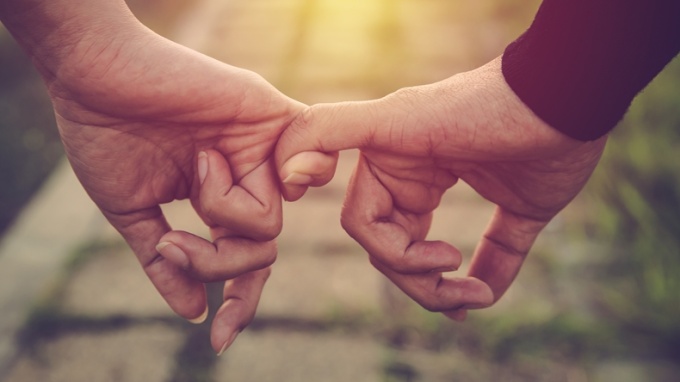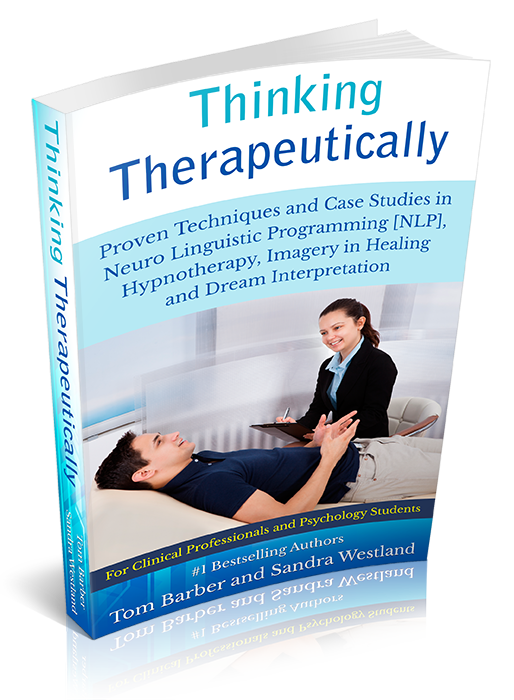A Better Relationship Awaits You
Are you the sum total of your relationships? If I asked you who you were, the first likely answer would be who you are in relation to someone else. So, maybe “I’m a mother or father, sister or son.” Then you might tell me something about you, to fill in more detail, such as “I am tall, or short, large, or average.”
Whether you are at work, at home, out socialising with friends, or on a singles holiday, you are always experiencing your life in relation to others. What is poignant though, is the quality of those relationships, which can be public or private, competitive, loving, undermining, violent, forced upon us, or chosen by us.
Being in relationships is an essential part of what it means to be human, and is essential for us to feel alive.
Generally, what seems important is being in relationships where we can be ourselves, and where we can feel a sense of belonging, able to grow and develop.
We desire to feel accepted for who we really are, ‘warts and all’. We want to feel safe and at ease in our own skin, and furthermore, we want to be respected, thought-about, cared for, and at times rescued.
What Can Go Wrong in Relationships?
In a quality relationship, you might:
- Feel terrified or overwhelmed. You become aware of what you might lose, or it may remind you of what you have lost before, and feel as though you couldn’t survive again.
- Uncover thoughts that tell you that you don’t deserve such happiness.
- Think that what you have got is unbelievable, or you’re undeserving of your partner, and thus you feel insecure, or jealous and possessive.
- Experience being overwhelmed at finally being able to be yourself, and run for the hills!
All these, and there are others, will draw you unconsciously to doing one of two things:
- Getting out of the relationship yourself – be it physically leaving, or psychologically and emotionally withdrawing.
- Pushing the other person to get out of the relationship, by making unreasonable demands.
You may of course not be in your dream relationship right now for many different reasons. However, usually when you enter into a relationship you believe this person will make you happy.
At the time, he or she ticks all your boxes. They are attentive, they listen, they are giving, and forgiving, and they respect you. You have fun together and they make you laugh.
The Choice of Partners You Currently Make
The answer lies in looking at the patterns of your relationships, and the choice of partner you are attracted to. As well as how the relationship seems to play out, time and again.
The philosophy that I have found to be most useful is looking at your partner choice as someone that you unconsciously hope will heal old wounds. You are looking to be whole and you are looking for a partner that allows you to be yourself, so it makes sense.
Maybe it’s the person who will finally give you unconditional love, because you never had this as a child. Or it could be the person who will rescue you, because no one did many years ago when you needed them to.
It may be the person who will notice you and listen to you, because no one had time as you were growing up. Possibly it’s an alcoholic partner, just like one of our parents, so that you can try and change them, because you could never help your Mother of Father.
Looking at these are key to finding your way back into your relationship, or deciding to leave a relationship, because both options can be right and healthy for you. You can do this as a couple, or on your own.
Whichever way you decide, it is always about self-understanding. Having clarity within yourself can work wonders for the relationship you’re in, or can help you find somebody possibly very different in the next one
In the meantime, remember the words of philosopher Soren Kierkegaard, “Don’t forget to love yourself.”
Dr Sandra Westland is a UKCP registered existential psychotherapist and counsellor with over 25 years experience of helping people with a wide variety of psychological issues. She is a bestselling author of 4 books, and enjoys running workshops both in the UK and Internationally, as well as teaching, and writing programmes to help people become all they can be. Sandra is a co-founder of Self Help School, an innovative source of education for people looking for self-improvement. Her academic speciality is in the subject of body image and obesity.


